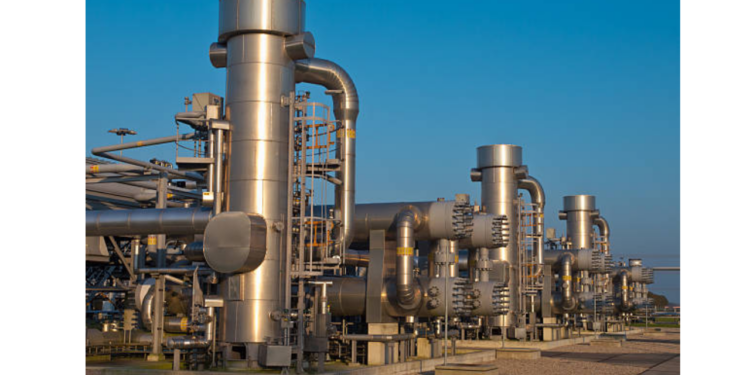Nigeria is exploiting its 102.32trillion gas deposits with upstream CAPEX now at $6billion.
Nigeria is currently making investments to ensure exploiting her massive gas deposits to cover up gap after key operating major oil and gas companies started moving investment out of the country.
The regulatory uncertainty of Nigeria’s oil and gas sector prior to the enactment of the Petroleum Industry Act(PIA) 2021 and ESG-related fossil fuel divestment schemes forced by energy transition and COVID-19 are the main reasons for the divestments by the IOCs, according to the Nigerian Upstream Petroleum Regulatory Commission (NUPRC).
The oil and gas production in Nigeria is being severely impacted by the Western ESG strategies that are forcing International Oil Companies(IOCs) to reconsider their upstream and downstream operations worldwide.
The move has resulted in major reshuffling and divestments of assets.
Nigeria, has already seen $21 billion worth of assets divested, putting its future in jeopardy. In contrast to Western NGO’s strategies, NGOs in Nigeria, such as ‘We, the People,’ are calling for a government moratorium to prevent further divestments in the Niger Delta.
The NGO is concerned that if oil companies are allowed to divest without cleaning up the entire Niger Delta region, the environmental issues in the area will never be addressed.
Despite the ongoing divestments, African nations, including Nigeria, need to be given time to transition to using gas as their transition fuel, according to the CEO of Oando Energy Resources, Ainojie Alex Irune.
More investments and production are needed to counter expected demand growth in the future on the continent.
In addition, the executive chairman of Africa Energy Chamber, NJ Ayuk, believes that the continent needs to leverage its immediate resources to eliminate energy poverty, as Africa is a gas continent.
Nigeria’s yearly capital expenditure in the upstream arm of the oil sector decreased by over 70 per cent within a period of eight years.
The country’s total annual upstream capital expenditure decreased by 74 per cent from $27 billion in 2014 to less than $6 billion in 2022, and competition from regional peers has led to a decrease in the proportion of the overall upstream investment attracted by Nigeria.
However, there is still hope, as Nigeria is showing increased natural gas reserves and oil reserves in the short term.
The NUPRC has reported that Nigeria’s oil and condensate reserves are 31.060 billion barrels for oil and 5.906 billion barrels for condensate. Associated gas reserves are 102.32 trillion cubic feet, non-associated gas reserves are 106.51 trillion cubic feet.
The future of Nigeria and Sub-Saharan Africa is at stake, and according to a growing amount of Southern leaders and analysts, it is time to reassess strategies and policies pushed by the North without delay.
The divestment strategies being pushed by Western climate change and IPCC/IEA reports are not only controversial but now counterproductive for most developing countries.



